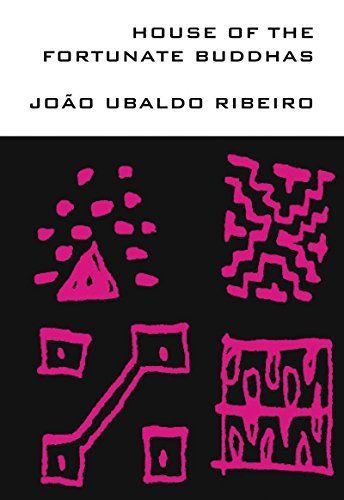
House of the Fortunate Buddhas
Set in 1940s and '50s provincial Brazil, House of the Fortunate Buddhas is perhaps most startling for it fiery, uninhibited, and highly compelling narrator. By force of her intelligence, courage, and strength of will, she achieves an unlikely liberation of both mind and body, and her sardonic, frank—some have called it pornographic—monologue is an unforgettable work of literary ventriloquism, telling the story of one woman's journey toward fulfillment. From the book: “I decided to give my testimony orally, instead of writing it down, for several reasons, the major one being arthritis. No, let's cut that last line out! I don't have arthritis, and even if I did, I certainly wouldn't let any get into my book. So, fine: preface. I decided to give my testimony orally instead of in writing mainly because it's impossible to write about sex, at least in Portuguese, without coming off like a prostitute who's just been asked to 'talk dirty' for the twentieth time in the same day . . ." House of the Fortunate Buddhas has been translated into French (winning the Grinzane Cavour Prize), Italian, and Spanish, and was adapted into a hit one-woman play in Brazil.